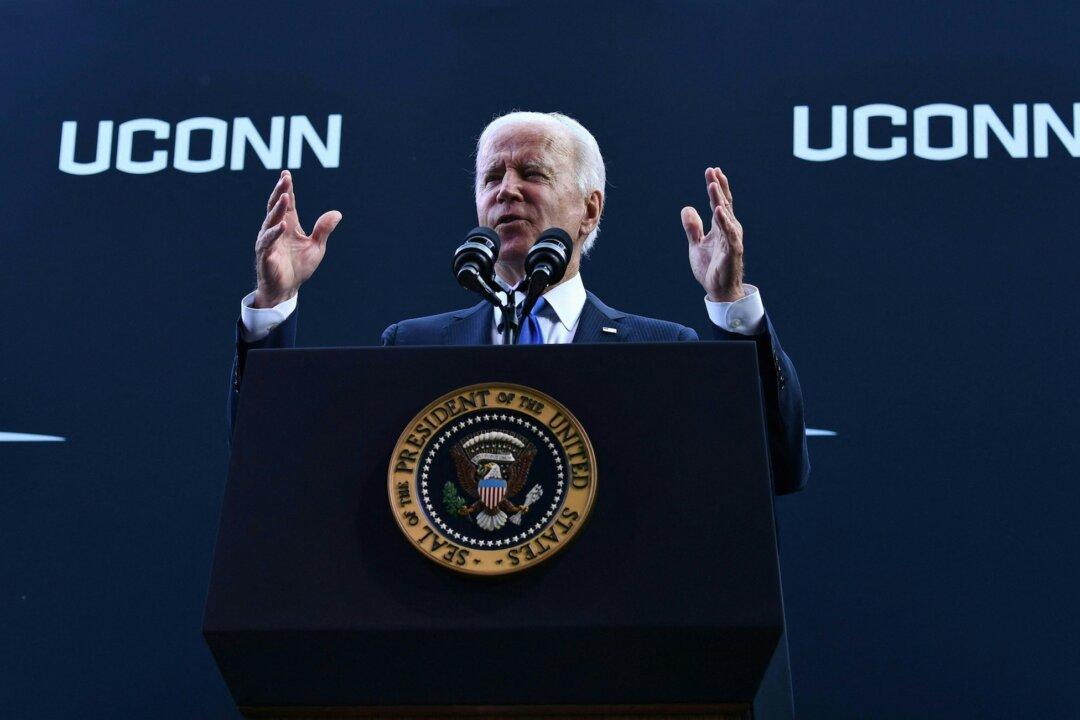President Joe Biden said Friday that his plan for two-years-free community college education will probably not make it into the Democrats’ multi-trillion dollar social spending bill.
Biden, pursuing his presidential campaign promise to make two years of community college tuition-free, called for a 10-year program that would cost $109 billion. The House Democrats, however, are proposing a much smaller program with a $45.5 billion price tag over five years.





